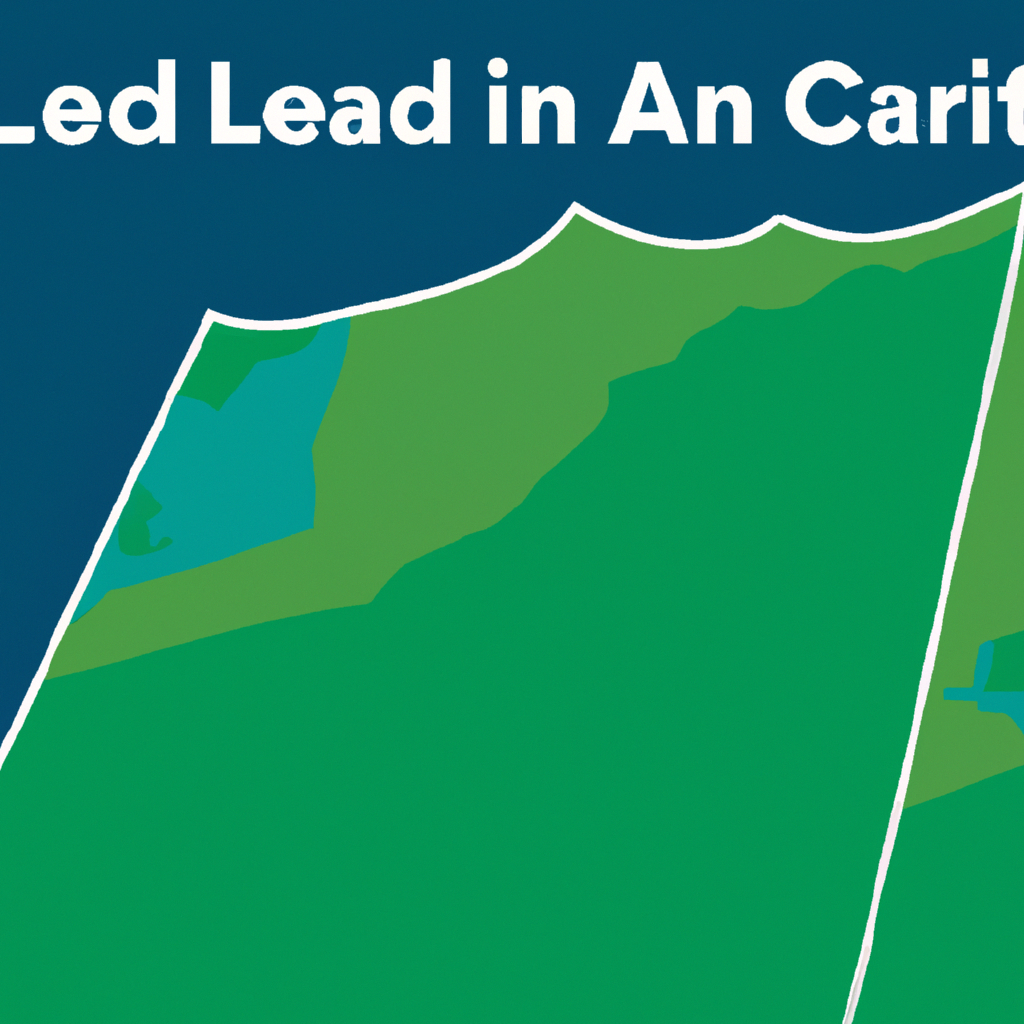Buying land in Cape Breton can be an exciting opportunity for both potential homeowners and investors alike. Known for its breathtaking landscapes and vibrant culture, Cape Breton offers a unique blend of natural beauty and a relaxed lifestyle which appeals to many. Whether you’re dreaming of building a quaint cottage by the sea or investing in a piece of this scenic locale, understanding the essentials of the land-buying process in Cape Breton is crucial.
Understanding the Market
Before diving into the land buying process in Cape Breton, it’s important to gauge the current market. The real estate market in Cape Breton can vary greatly depending on the area. More tourist-centric locations like Baddeck or Inverness may have higher land prices due to their popularity and developed infrastructure. On the other hand, more remote areas might offer larger plots of land at a lower cost, but may require additional investments in services and amenities.
Types of Land Available
Cape Breton offers a diverse range of land types. From waterfront properties that provide direct access to serene beaches or bustling harbors to wooded acreages nestled in quiet, rural settings, the options are plentiful. Each type of land comes with its own set of considerations such as zoning restrictions, access to utilities, and potential for development. It’s vital to determine what type of land best suits your plans and to investigate the specific characteristics of the land before making a purchase.
Zoning and Regulations
Zoning laws in Cape Breton are designed to regulate land use and protect the area’s natural and cultural resources. Understanding these regulations is essential. For instance, some zones may restrict the building of commercial enterprises or limit certain types of farming. Prospective buyers should consult with the Cape Breton Regional Municipality or local municipal offices to get detailed information about zoning laws relevant to the land they are interested in.
Building and Development Considerations
If you plan to build on your newly purchased land, consider the local building codes and regulations. It’s advisable to conduct a soil test and survey the land to ensure it is suitable for your construction needs. Consider the availability and proximity of essential infrastructure such as roads, electricity, and water. In some cases, bringing these services to remote or undeveloped areas can be costly and should be included in your budget planning.
Environmental Factors
Cape Breton’s environment can directly impact your use and enjoyment of the land. The region’s weather patterns, including heavy rains and potential for snow, should influence where and what you choose to build. Additionally, understanding the local wildlife and maintaining the natural habitat can be crucial, especially in areas near national parks or coastal regions.
Financial Considerations
When purchasing land in Cape Breton, consider all financial aspects including the cost of the land, property taxes, and any additional fees such as legal fees or land transfer taxes. It’s also wise to explore financing options early in the process as land loans differ from traditional home mortgages and can have different requirements and terms.
In conclusion, buying land in Cape Breton is a significant investment that requires careful consideration and planning. By understanding the market, the types of land available, zoning restrictions, building considerations, environmental factors, and financial implications, you can make a well-informed decision that aligns with your long-term goals and dreams of owning a piece of this picturesque Canadian island.


